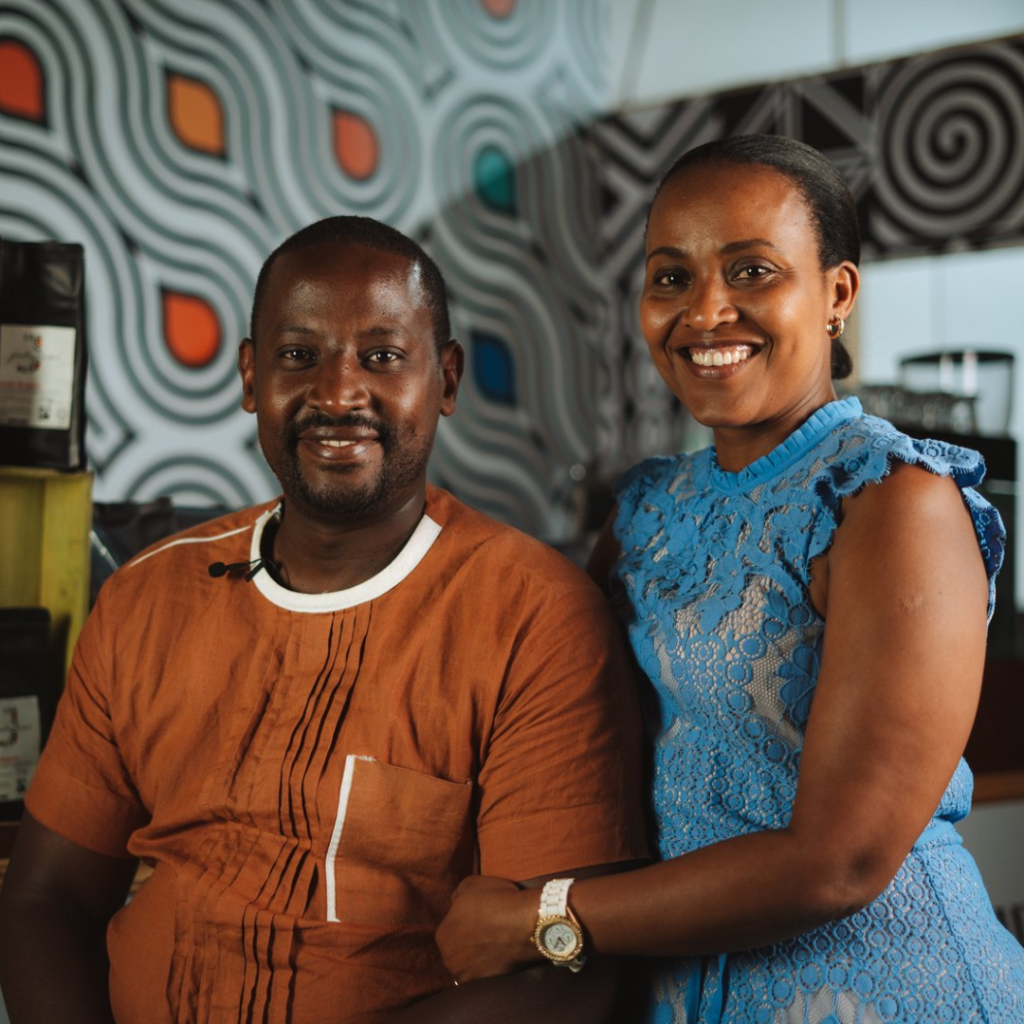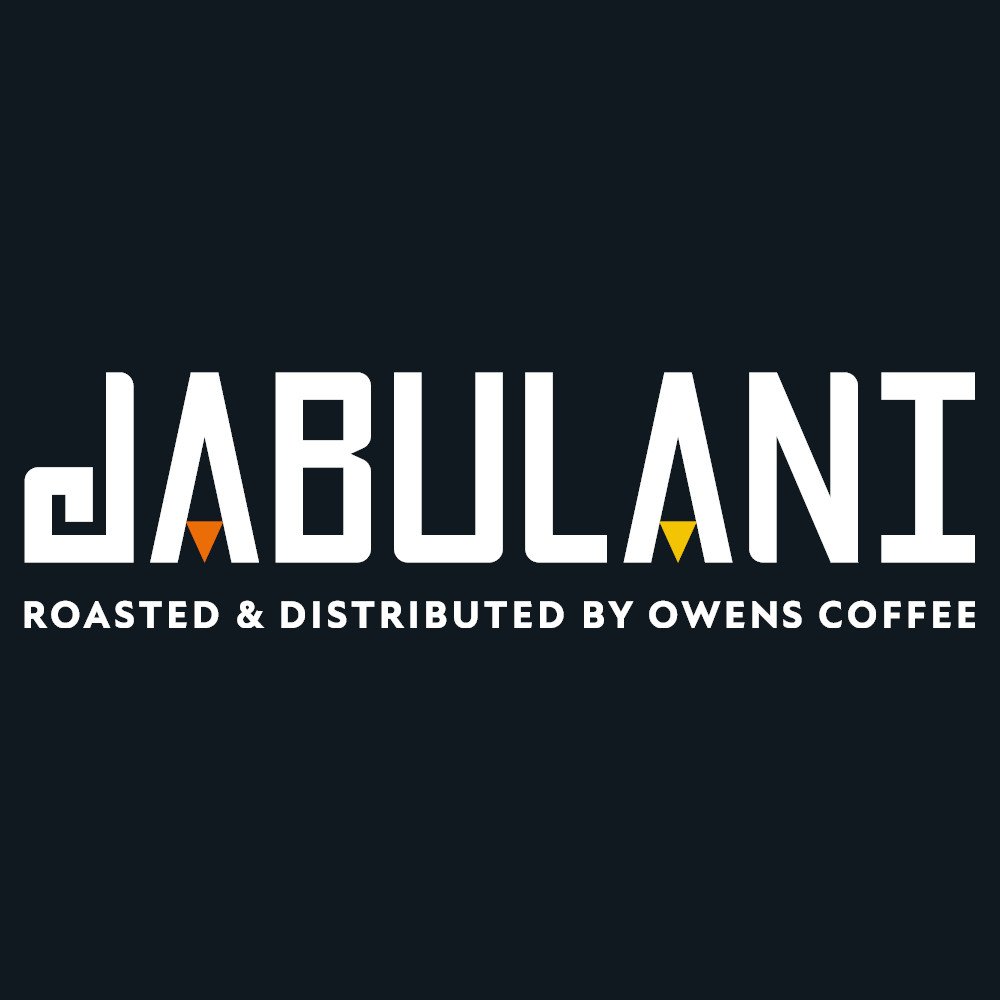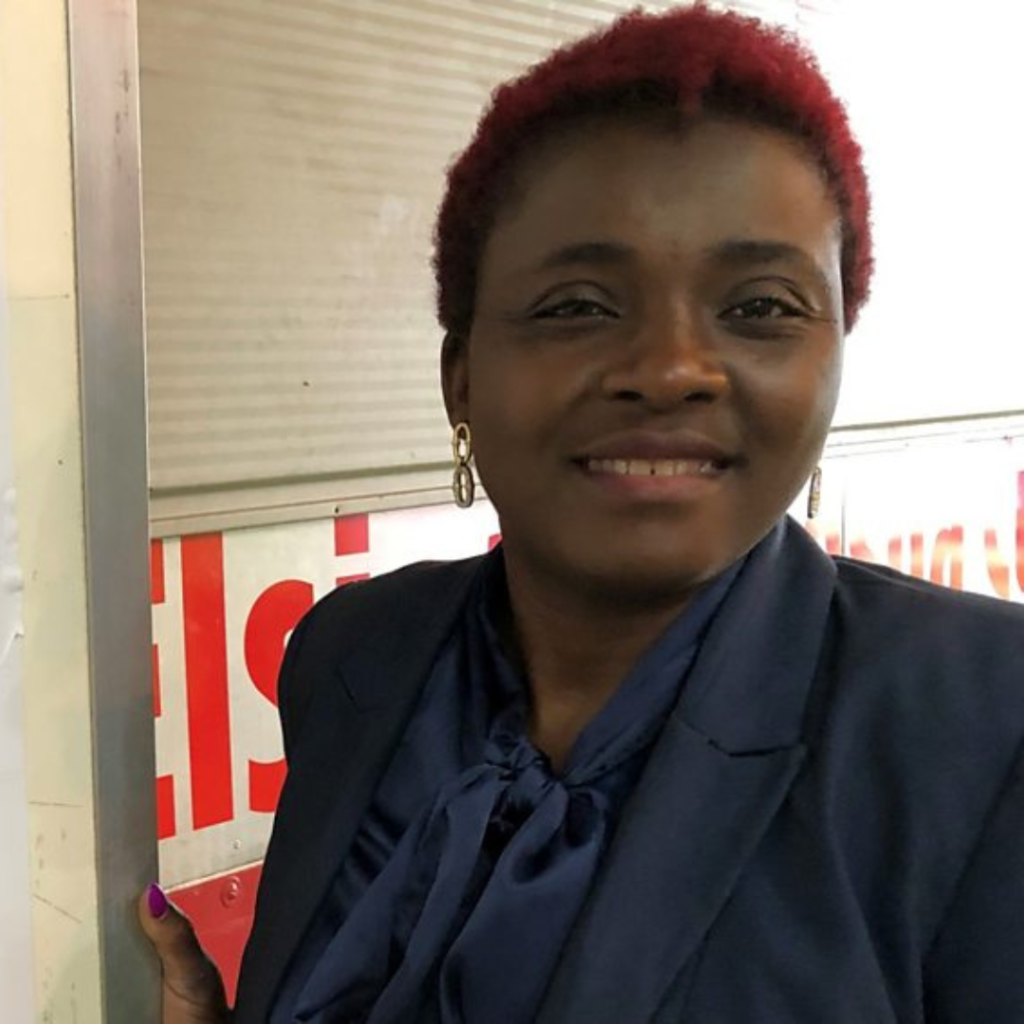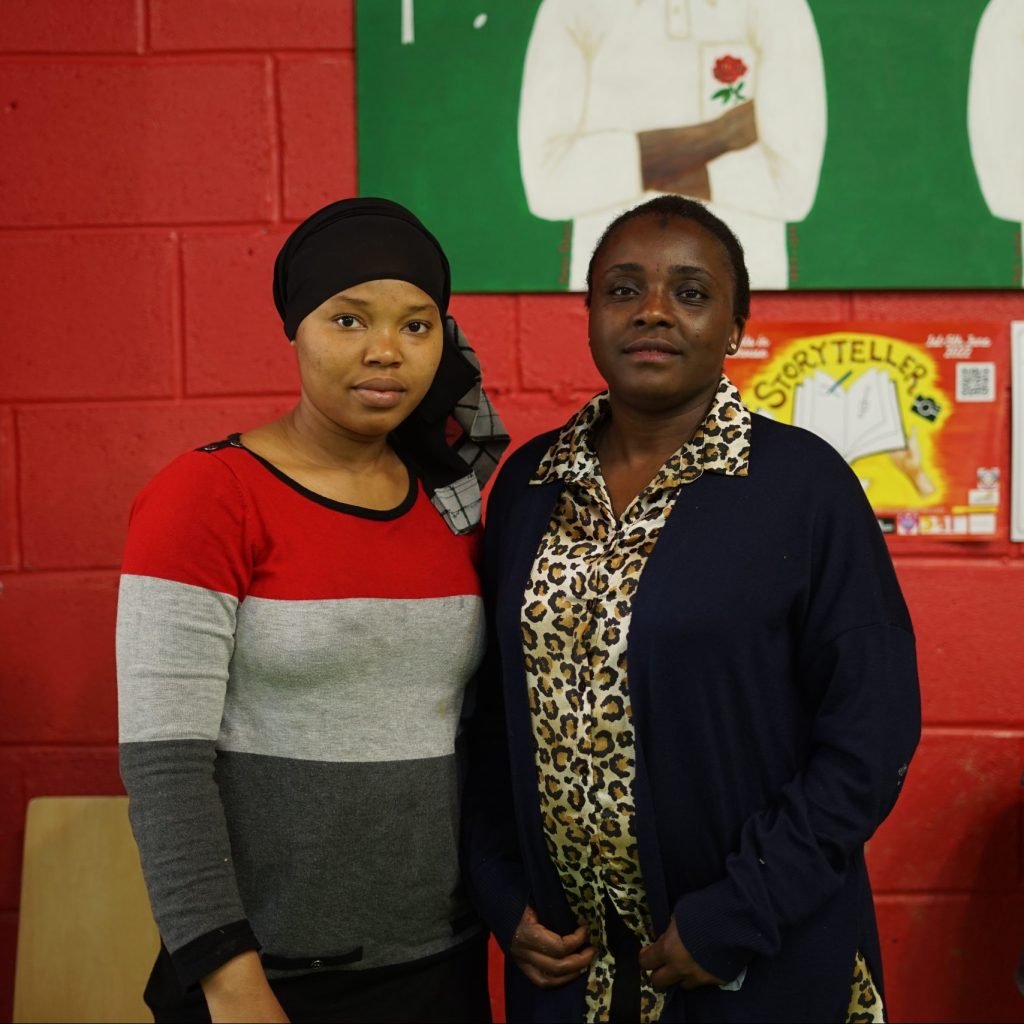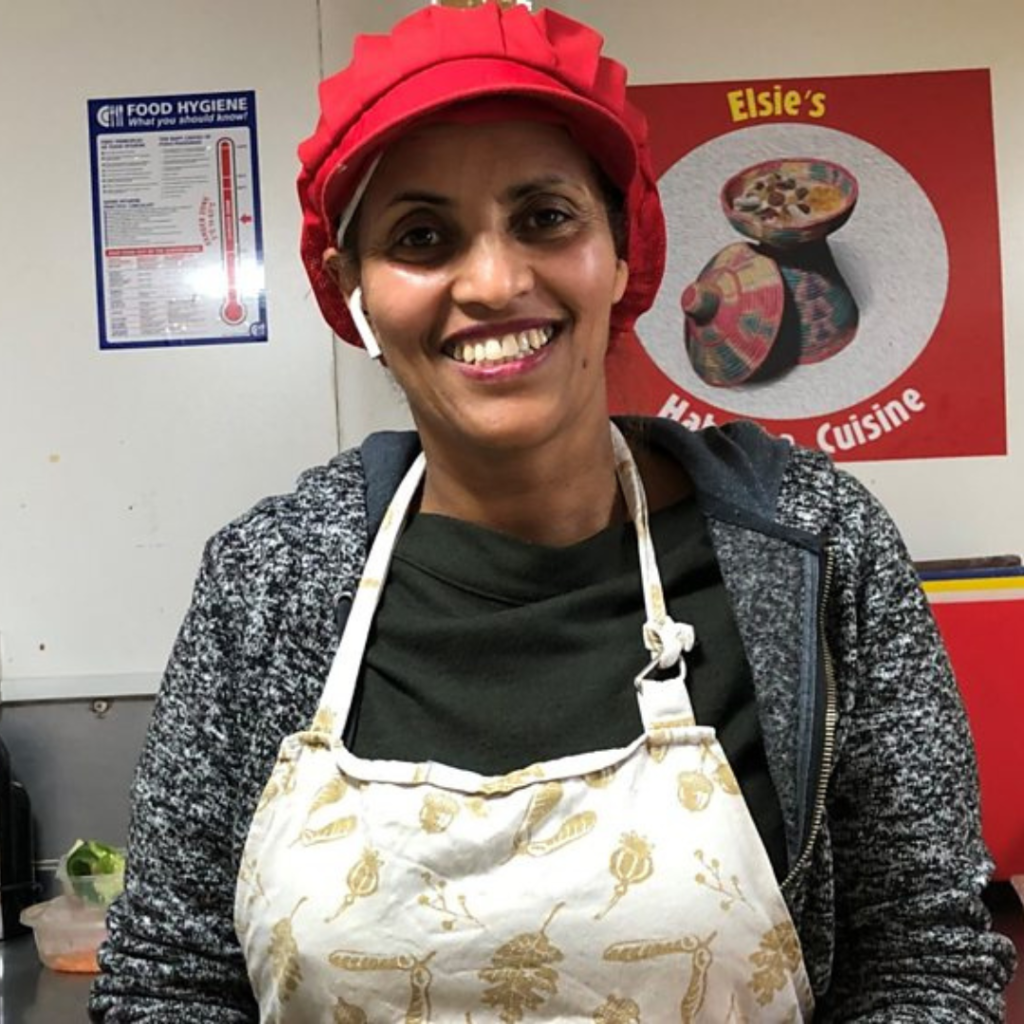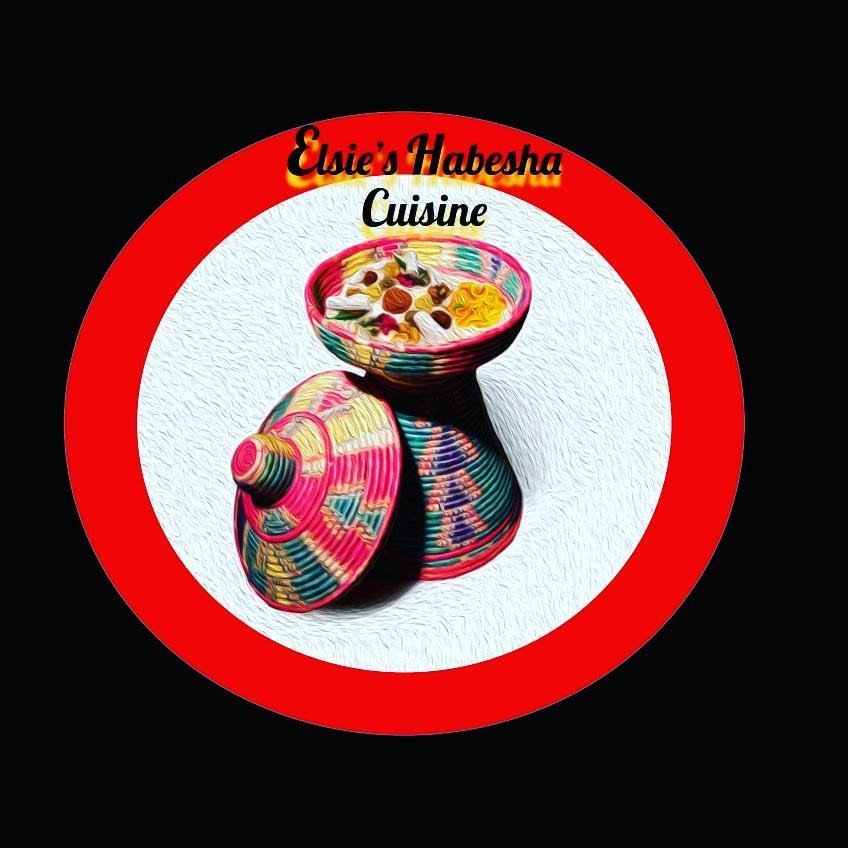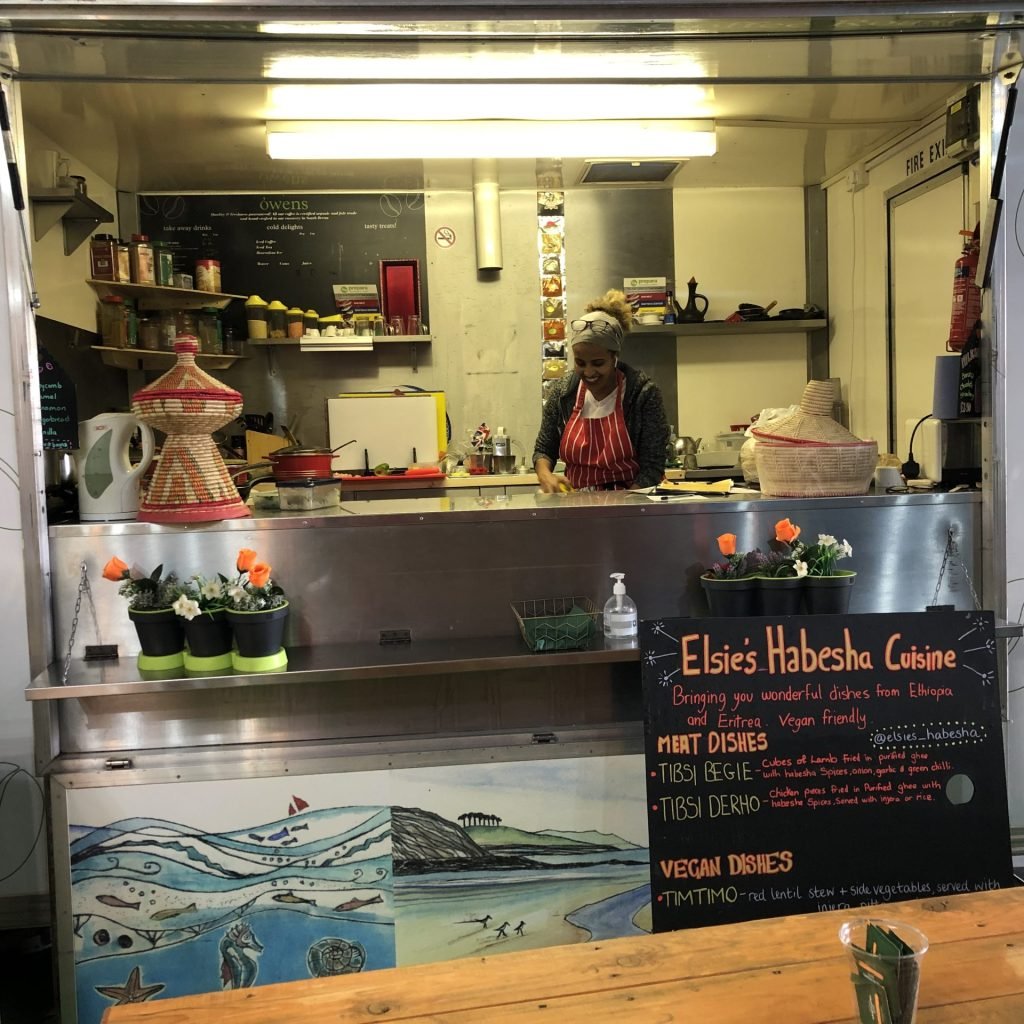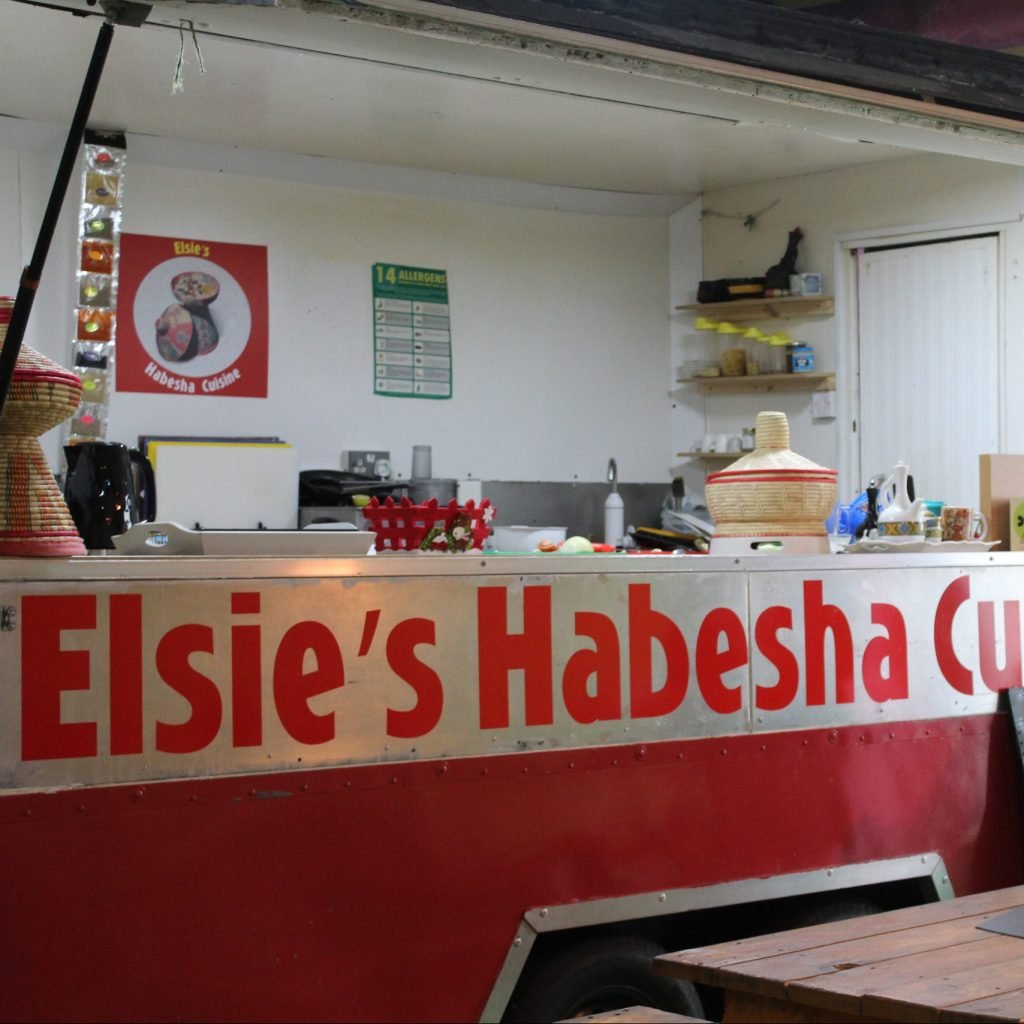The Rwandan single origin coffee has been produced as the result of a partnership between Owens Coffee, Jabo Butera of the Diversity Business Incubator (DBI) in Plymouth and Plymouth’s Jabulani Food Court, run by Liliane Uwimana.
Jabulani is grown in the Gakenke District of Rwanda. The coffee offers sweet notes of cherry, hibiscus and vanilla. We recommend it for both filter and espresso.
Jabulani coffee beans are mainly grown by smallholders who own land less than one hectare per family.
This organic single origin coffee is produced by the Twongerekawa Coko Cooperative, run by a female president who has united a group of over 200 members growing their coffee at unusually high levels (2000m above sea level), so the beans are slowly ripened and full of flavour.
The Coko Cooperative is a small, mostly female cooperative based in Northern Rwanda and found in the highest areas of the Gakenke District. These females are celebrated community leaders; supporting them supports their communities.
Owens, Jabo and Liliane have a direct relationship with the Twongerekawa Coko Cooperative. Sales of the beans support initiatives both in Rwanda and in the UK, helping to connect ambassadors from both countries to exchange knowledge, nurture leadership and encourage positive global change.
